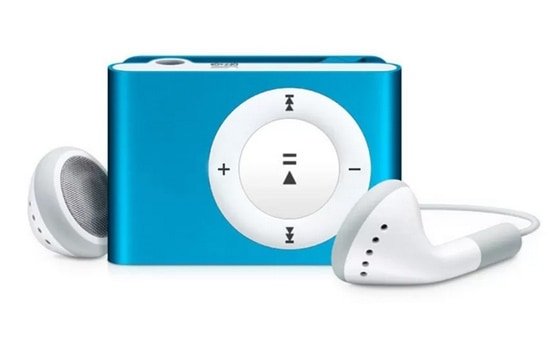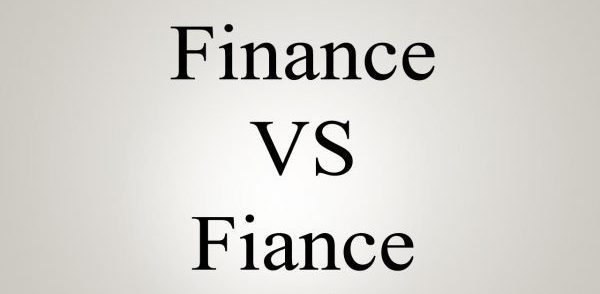MP3 Vs. MP4: What Are The Main Differences?
Everybody’s heard of them and everybody uses them nowadays, yet most of us don’t know the actual difference between MP3 and MP4 files. If you ask most people, they’ll tell you that MP4 is just a better, newer version of the MP3 format, but this is not quite true.
Although the names may suggest that one is an upgrade of the other, these types of files have distinct advantages and uses. Let’s analyse each in more detail and see what they’re all about.
MP3

The MP3 format took the world by storm when it first came out, as it brought a groundbreaking compression capacity. We were finally able to compress music – and any other kind of audio – to a size that was fit for storage, streaming and internet transfer.
Basically, the audio coding format uses a method known as lossy data compression to reduce tenfold the amount of data needed to represent audio recordings, while retaining a sound quality that still sounds good to most listeners. To put it simply, it works by approximating or reducing the accuracy of fragments of a continual sound that cannot be perceived by most people.
Mono Vs. Stereo: Three Main Differences
MP4

MP4, or MPEG-4, was originally created for low-speed internet multimedia, being able to compress quality media data in relatively small files. Although its original goal was rather humble, the format has evolved and now offers efficient compression for a large variety of media types and matches some of the more distinct codecs available, which lends it a lot more flexibility than the MP3 format enjoys.
MP4 files can have various file extensions – such as M4A, M4V and M4B – and this may be why they haven’t reached the renown of MP3.
Recommended for You:
- Fiddle Vs. Violin: 6 Key Differences You Must Know
- Xbox Vs. Xbox 360: What Are The Main Differences?
- Harpsichord vs. Piano: What Are The Differences?
The Differences between MP3 and MP4
Now that you know a bit more about both compression formats, the difference between MP3 and MP4 might be a little clearer. But let’s take all factors that tell them apart and place them side by side for a better picture of the matter.
MP3 |
MP4 |
|
|
|
|
|
|
|
|
|
|
|
|
|
|
Hopefully, our post on the differences between MP3 and MP4 manage to clear things up for you and you now know what to expect from the two types of files. Subscribe to our newsletter and we’ll email you a lot more interesting topics and answers to common questions!






